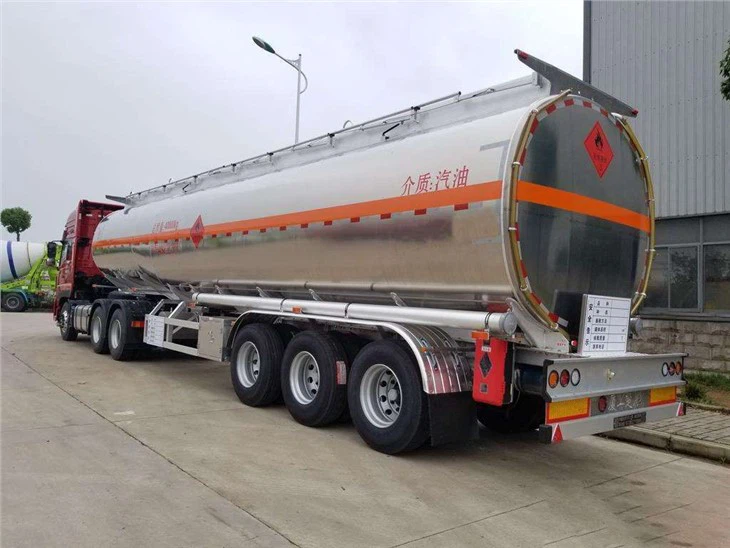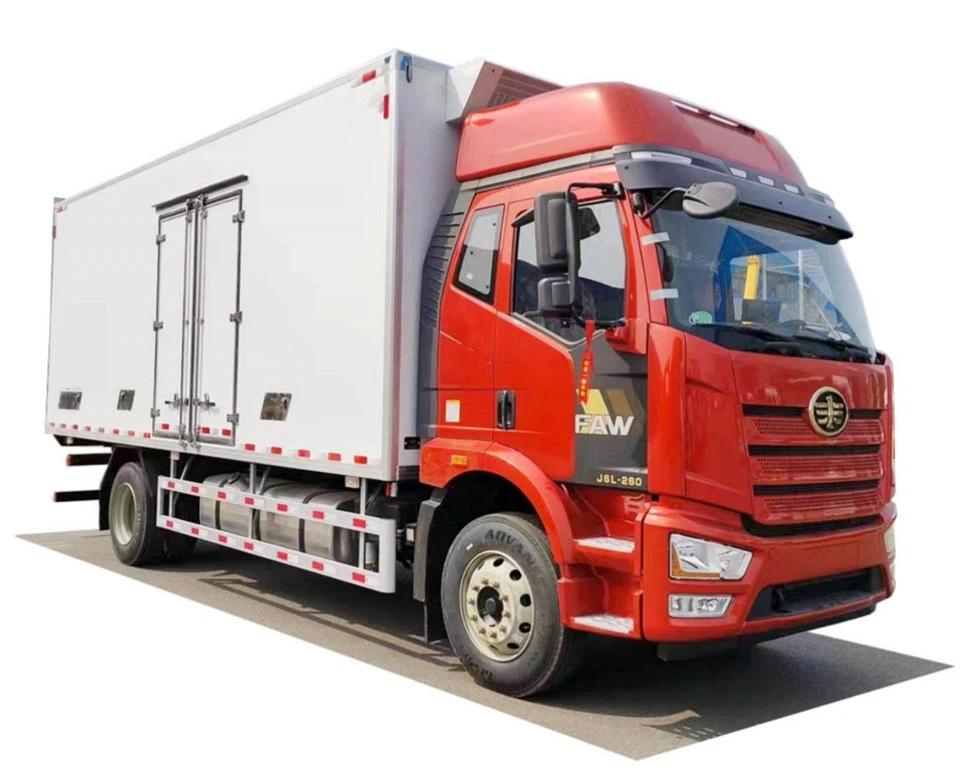Military Water Truck: Essential Equipment for Defense Operations

Introduction
Military water trucks serve as a crucial logistical asset in defense operations, providing purified water for troops, equipment, and various field operations. In remote areas or during combat situations where conventional water supply lines are disrupted, these vehicles become indispensable. This article explores the significance of military water trucks, their features, uses, maintenance, and the various types available, ensuring that military operations can maintain optimal hydration and sanitation standards even in the most challenging conditions.
What is a Military Water Truck?
A military water truck is a specialized vehicle designed for transporting large quantities of water. They are equipped with water tanks, pumps, and distribution systems tailored to meet the needs of the military. Unlike standard civilian water trucks, military variants are built to withstand harsh environments, featuring rugged construction and advanced filtration systems for ensuring water quality.
Key Features of Military Water Trucks
- Rugged Design: Built to endure extreme weather conditions and rough terrains.
- Capacity: Can hold anywhere between 1,000 to 5,000 gallons of water.
- Filtration Systems: Often include advanced filtration to ensure the delivery of purified water.
- Distribution Pumps: Equipped with pumps to facilitate rapid filling and distribution of water.
- Mobilization: Capable of operating in remote locations with limited infrastructure.
Types of Military Water Trucks
Tactical Water Trucks
Tactical water trucks are designed for frontline operations, prioritizing mobility and quick setup. They often feature off-road capability and are suitable for rapid deployment in combat zones.
Logistical Support Water Trucks
More substantial than tactical trucks, logistical support water trucks are used in supply depots and larger bases where larger quantities of water are needed.
Conventional Water Tankers
These trucks resemble civilian models but are adapted for military use, usually featuring reinforced structures and military-grade equipment.
Importance of Military Water Trucks
Water Supply for Troops
Hydration is vital for soldiers, especially in combat scenarios. Military water trucks ensure that troops have continuous access to clean drinking water, which is critical for maintaining morale and operational effectiveness.
Support for Equipment and Machinery
Military vehicles and heavy machinery often require water for cooling systems and cleaning. Having a reliable water supply helps ensure all equipment remains operational, preventing downtime in mission-critical situations.
Humanitarian Aid Operations
In times of disaster or humanitarian crisis, military water trucks can be mobilized to deliver fresh water to affected areas, showcasing the versatility and importance of this equipment beyond combat scenarios.
Operational Use of Military Water Trucks
Deployment Strategies
Military water trucks are typically deployed during large-scale operations or exercises. Commanders assess the water needs based on troop size, geographic location, and duration of the operation. Ensuring an adequate water supply can significantly impact the success of missions.
Distribution and Storage
Efficient distribution systems are essential for maximizing the utility of water trucks. Flow control valves and hose systems allow for quick filling of smaller vehicles or tanks in the field. Proper storage and handling are also critical to prevent contamination.
Maintenance of Military Water Trucks
Regular Inspections
Routine inspections are necessary for ensuring the vehicle’s operational capacity. This includes checking the tank for leaks, assessing the pumps, and ensuring that filtration systems are functioning correctly.
Cleaning and Sanitization
Water tanks must be regularly cleaned and sanitized to prevent bacterial growth. The frequency of such maintenance can depend on water sources and the length of time the water is stored.
Challenges in the Operation of Military Water Trucks
Terrain and Accessibility
Operational challenges often arise from difficult terrains where these trucks must navigate. Terrain analysis is crucial for planning effective water delivery routes.
Water Quality Issues
Ensuring water quality, especially in conflict zones, can be challenging. Military water trucks frequently employ advanced filtering technologies to combat this issue and ensure that soldiers receive safe drinking water.
Case Studies: Military Water Truck Operations
Operation Desert Storm

During Operation Desert Storm, military water trucks played a pivotal role in sustaining U.S. forces in harsh conditions. The logistical planning involved estimating water requirements, resulting in the efficient mobilization of water logistics.
Humanitarian Missions
In various humanitarian missions, such as during natural disasters, military water trucks were deployed for delivering water supplies to afflicted civilian populations swiftly, showcasing their dual function in defense and humanitarian aid.
Tips for Efficient Usage of Military Water Trucks
1. Conduct Thorough Pre-Mission Planning
Assess water supply needs and plan routes to optimize efficiency and minimize the risk of delays.
2. Incorporate Technology
Use GPS and mapping software to navigate and manage logistics in real-time.
3. Train Personnel Thoroughly
Ensure that all operators are trained in both the operation of the trucks and best practices in maintenance and sanitation.
4. Collaborate with Other Units
Coordinate with other military units to ensure that water distribution aligns with overall logistical strategies.
Frequently Asked Questions (FAQs)
What are the primary uses of military water trucks?
Military water trucks are used primarily for supplying drinking water to troops, providing water for equipment maintenance, and delivering aid in humanitarian missions.
How much water can a military water truck carry?
Military water trucks generally have a capacity ranging from 1,000 to 5,000 gallons, depending on the model and purpose.
What are the challenges in maintaining military water trucks?
Challenges include ensuring water quality, performing regular maintenance checks, and navigating difficult terrains during operations.
Are military water trucks used in civilian applications?

Yes, military water trucks can also be utilized in civilian applications, especially in disaster response and emergency relief operations.
How is the water quality ensured in military water trucks?
Water quality is maintained through regular cleaning and sanitization of tanks, as well as employing filtration systems to remove contaminants.

Can military water trucks operate in all terrains?
While designed for rugged environments, their operational capability can be limited by severely challenging terrain, necessitating careful route planning and sometimes alternative water supply methods.
